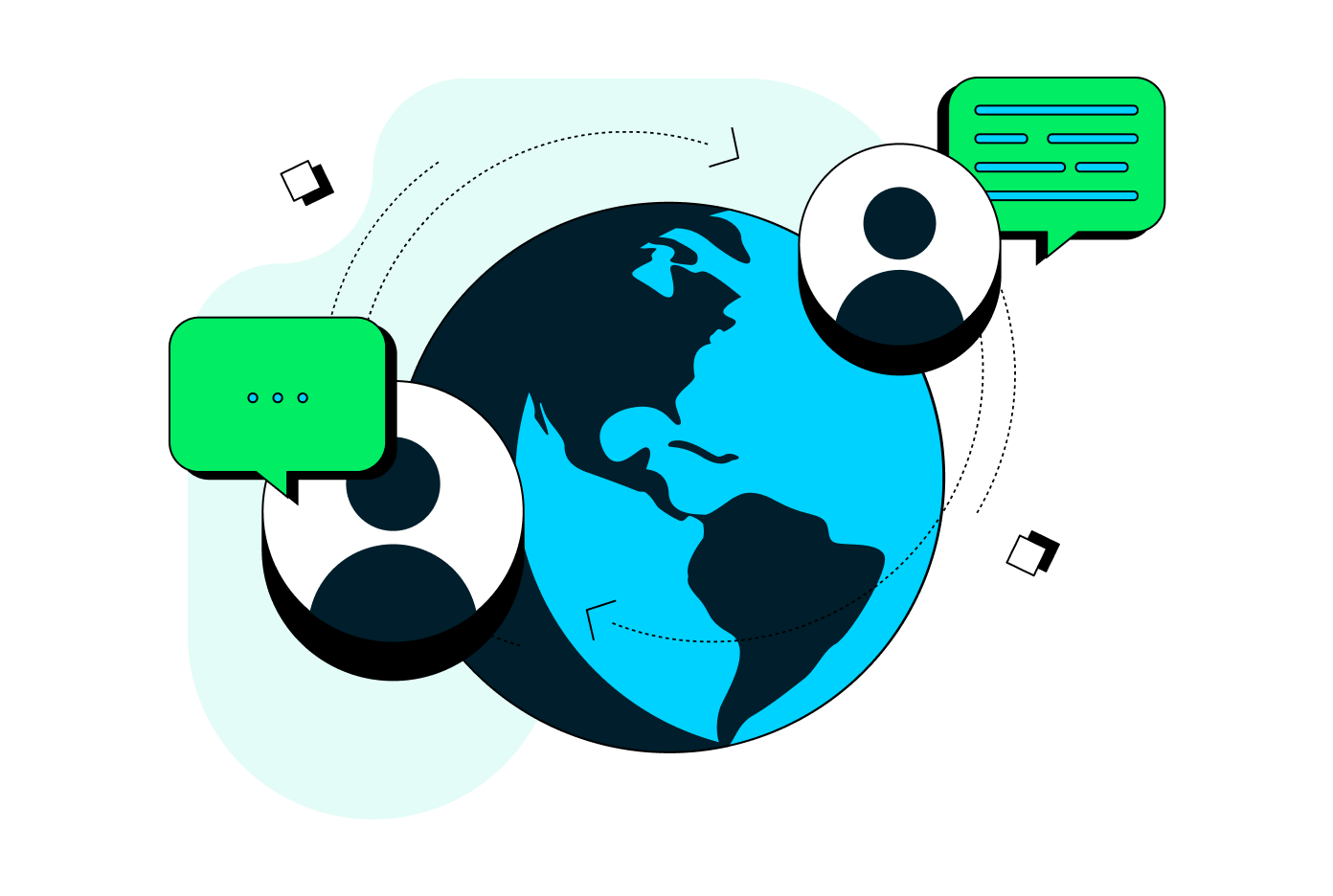Do you have a technical background and enjoy working with customers? Have you considered beginning a career in pre-sales? Aicha Sarr, Solutions Architect at MongoDB, shares insights into how our Remote Solutions Center offers a path to building a career in pre-sales. Read on to learn more about how our Remote Solutions Center team builds off of each other’s strengths, applies their technical expertise, and focuses on customer success.
Diverse backgrounds, shared attributes
Our Remote Solutions Center team values both diverse backgrounds and sharing common attributes. Team members possess a blend of technical expertise and a customer-focused mindset with a strong affinity for technology and an inherent curiosity to grasp knowledge related to MongoDB, databases, and complex technical concepts. We all come from a variety of backgrounds, such as data engineers, software developers, cloud architects, and sales engineers.
While direct experience with MongoDB is beneficial, it's not mandatory. Similarly, a background as an engineer can be advantageous, but it's not strictly necessary. To succeed on the team, one needs a keen interest in the technology and architecture of systems, an appetite for learning, and a commitment to ensuring customer success. We are trusted advisors, collaborating closely with customers to design and implement reliable systems, making a strong technical alignment between the platform and customer needs that are pivotal for success.

Hands-on application of technical skills
I’m frequently engaged in projects that require me to apply my technical skills. Many of these projects have been focused on building reusable demos that are distributed to our global team, providing an opportunity for my work to be showcased during technical calls or workshops.
For instance, a teammate and I developed a mobile application centered around MongoDB Atlas for the Edge, our edge computing solution. The project included demonstrating the synchronization of user data between intermittently internet-connected devices and a central database, MongoDB Atlas. This demo showcased the practical application of Atlas Edge computing, maintaining data consistency across various devices, reflecting the real-world implications of mobile application development and data synchronization challenges.
Additionally, I’ve developed an application illustrating the implementation of a Client-Side Field Level Encryption (CSFLE)-enabled application using Amazon Web Services Key Management Service with Java Spring Boot as the programming language. This hands-on experience allowed me to showcase the robust security features of CSFLE, a feature that enables the encryption of data in an application before it is sent over the network to MongoDB - a tangible example of how to enhance application security within a cloud environment.
In my customer calls, I’ve used both my demos and demos built by my colleagues. Hence, these hands-on experiences play a crucial role in enhancing our team's collective knowledge, capabilities, and resources. This collaboration between team members fosters a shared understanding and serves as a valuable learning opportunity, allowing us to disseminate the acquired knowledge internally and promote a culture of continuous learning and skill development.
_Spot_2x-4-s3lxn5hz0j.png)
The customer engagement journey
Our customer engagement journey begins with establishing strong relationships during initial contact and holding in-depth discussions to grasp the customer's business requirements. This phase serves as the foundation for crafting tailored proposals that outline effective solutions. Technical presentations elucidate proposed solutions' intricacies, involving iterative, collaborative discussions and adjustments based on continuous feedback from customer stakeholders, including IT teams and decision-makers.
Transitioning to the implementation phase, Proof of Concept projects may be initiated for real-world solution applications. The seamless move to implementation teams ensures ongoing support, addressing post-implementation issues for continuous customer satisfaction. This holistic approach emphasizes effective communication, active listening, and building lasting partnerships grounded in trust.
Engaging with diverse customer personas, each playing a distinct role in decision-making, involves tailored interactions. Technical decision-makers engage in in-depth technical discussions, addressing integration concerns and compatibility. Business decision-makers require presentations emphasizing business value, ROI, and alignment with overarching goals. Interactions with developers or data engineers involve technical implementation discussions and collaborative problem-solving in specific programming languages.
These interactions with end users, project managers, and technical teams are essential for gathering insights into practical requirements, project timelines, and seamless implementation. The shared goal is to create solutions that meet business and technical requirements, ensuring feasibility, efficiency, and alignment with customer capabilities.
_Spot_BS_Lavender-o2zgd4by4z.png)
Conclusion: A tapestry of skills and collaboration
The success of our Remote Solutions Center lies in the tapestry of diverse backgrounds, shared attributes, and a commitment to continuous learning. The opportunities for hands-on application of technical skills not only strengthen our individual capabilities but also contribute to a collective knowledge pool within our team.
The customer engagement process is a collaborative journey, with an emphasis on the importance of understanding and adapting to evolving customer needs. This holistic approach to team dynamics, skill development, and customer engagement positions our Remote Solutions Center for success in a rapidly changing technological landscape.
Learn more about careers in solutions consulting at MongoDB.